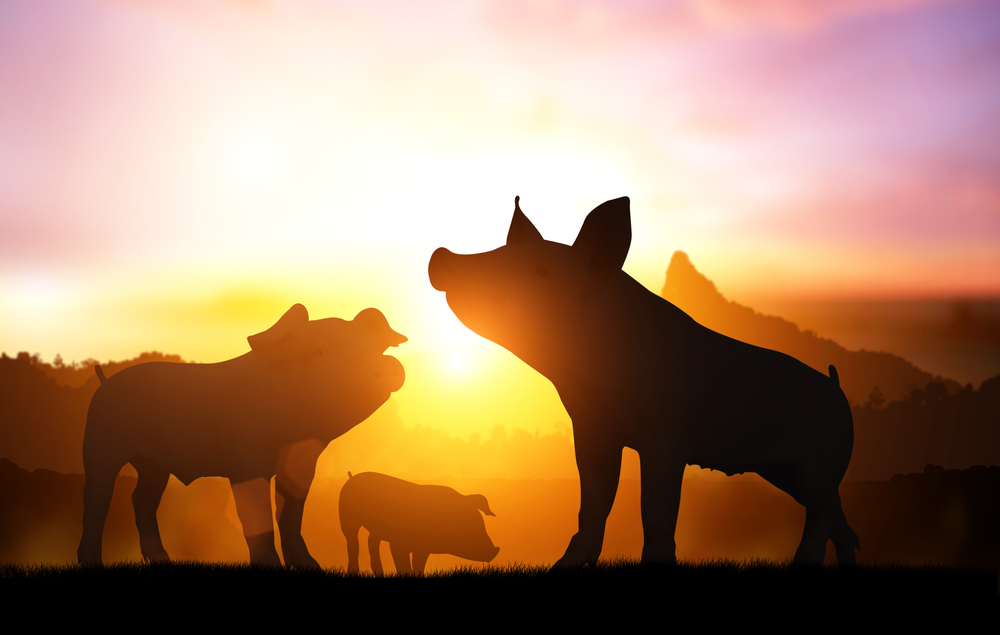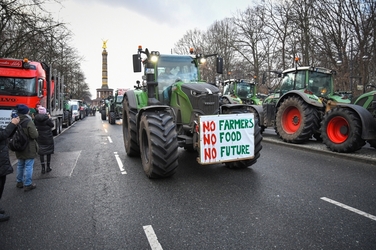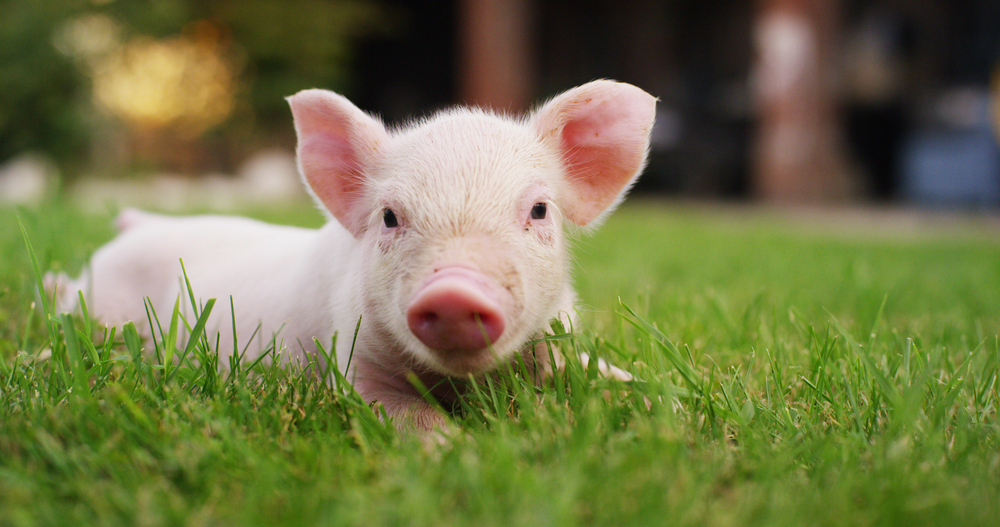Why Most Green Energy Solutions Are B.S.
Joel Salatin|January 26, 2021

“Green energy” is a phrase that has captured our culture’s attention and enthusiasm.
And it should come as no surprise that I’m a fan of “green energy,” including reducing energy use.
But as is often the case… green energy solutions do not exist solely on their own. They all include all sorts of costs that are often not captured or reflected in the euphoria of development…
While true green energy solutions hardly get the respect and attention they deserve.
No Context
Smithfield Foods, America’s largest pork producer, recently announced plans to capture methane from its factory farms.
According to a Wall Street Journal article about the news, that methane from 4-acre hog manure lagoons could supply gas to 10,000 homes.
“We’ve been looking at how to make energy out of manure for a couple of decades,” said Kraig Westerbeek, who leads Smithfield’s renewable energy business. “We’ve had some failures, but these projects show that you can actually get it done.”
The article continues:
Companies’ rush to affiliate with the reduction of greenhouse gases is making a big business out of harnessing the methane seeping from heaps of organic waste. So-called renewable natural gas can be produced in commercial quantities at swine and dairy farms, landfills, wastewater-treatment facilities and from spoiled food and slaughterhouse sludge.
I deeply appreciate the use of the term “so-called renewable” when describing these schemes. Only a person without any context would call them true renewables.
All of these schemes depend on shortsighted anti-ecological systems in order to work.
Green in Name Only
It comes down to symbolism over substance.
As T.J. Schultz, an analyst for RBC Capital Markets, said in The Wall Street Journal piece, “Renewable natural gas is something green for them to talk about.”
He’s right.
It’s only “green” if you forget the soil erosion, monocropping, ecological devastation, animal suffering, stench pollution and other factors upon which this alleged green idea is built.
It’s similar to a Virginia scheme a few years ago that used taxpayer money to build a facility to burn crop stubble for electricity.
Pulling this biomass off the crop fields and transporting it to electric utilities is the worst plan you could think of for the health of the soil, which depends on decomposing biomass.
These schemes share the fallacy that you can separate animal production from the land that feeds it.
This is such a fundamental ecological concept – green concept, if you will – that to develop a scheme that functions any other way is unconscionable.
The only reason manure and crop residues are a problem is industrial farming sees nature as linear rather than cyclical.
What nature intends for abundance and regeneration becomes waste and liability.
Anytime you see the word “waste” associated with what is supposed to bless the soil with fertility, your b.s. radar should start buzzing.
What Really Stinks
The real green energy solution is better farming practices, incentivized by a marketplace that cares about the whole ecology.
Contrary to Smithfield, we raise pigs in such a way that the natural ecosystem captures and recycles manure methane. Therefore, we cannot tap into massive government subsidies for “green” initiatives.
As a result, I don’t even have a “green energy story.” Only the recipients of these massive energy credits get to smile in front of the cameras as icons of “green think.”
On our farm, we buy our grain from local, non-GMO farmers who don’t use glyphosate (Roundup) and who build soil rather than deplete it.
Our pigs rotate through pastures and wooded areas. In winter, they live in hoop houses on deep woodchip bedding. That bedding becomes compost for the nearby pasture.
And when it’s time, they’re processed at a local 20-person abattoir.
Their entire lives occur in a regenerative soil and food shed. Native bacteria capture their methane and feed the soil with it.
But because we respect this ecological life cycle, we’re left out of the conversation.
These government-supported green energy schemes are an assault on everything environmental.
Yet they have become the darlings of the green energy story.
Don’t buy it for one second.
Should green energy come with fine print? Share your thoughts at mailbag@manwardpress.com.

Joel Salatin
Joel Salatin calls himself a Christian libertarian environmentalist capitalist lunatic farmer. Others who like him call him the most famous farmer in the world, the high priest of the pasture, and the most eclectic thinker from Virginia since Thomas Jefferson. Those who don’t like him call him a bioterrorist, Typhoid Mary, a charlatan, and a starvation advocate. With a room full of debate trophies from high school and college days, 12 published books, and a thriving multigenerational family farm, he draws on a lifetime of food, farming and fantasy to entertain and inspire audiences around the world.





